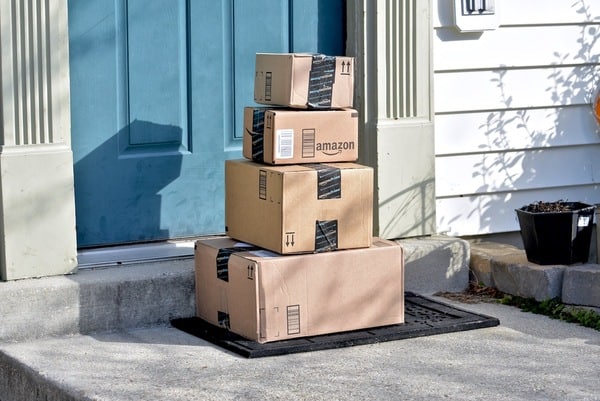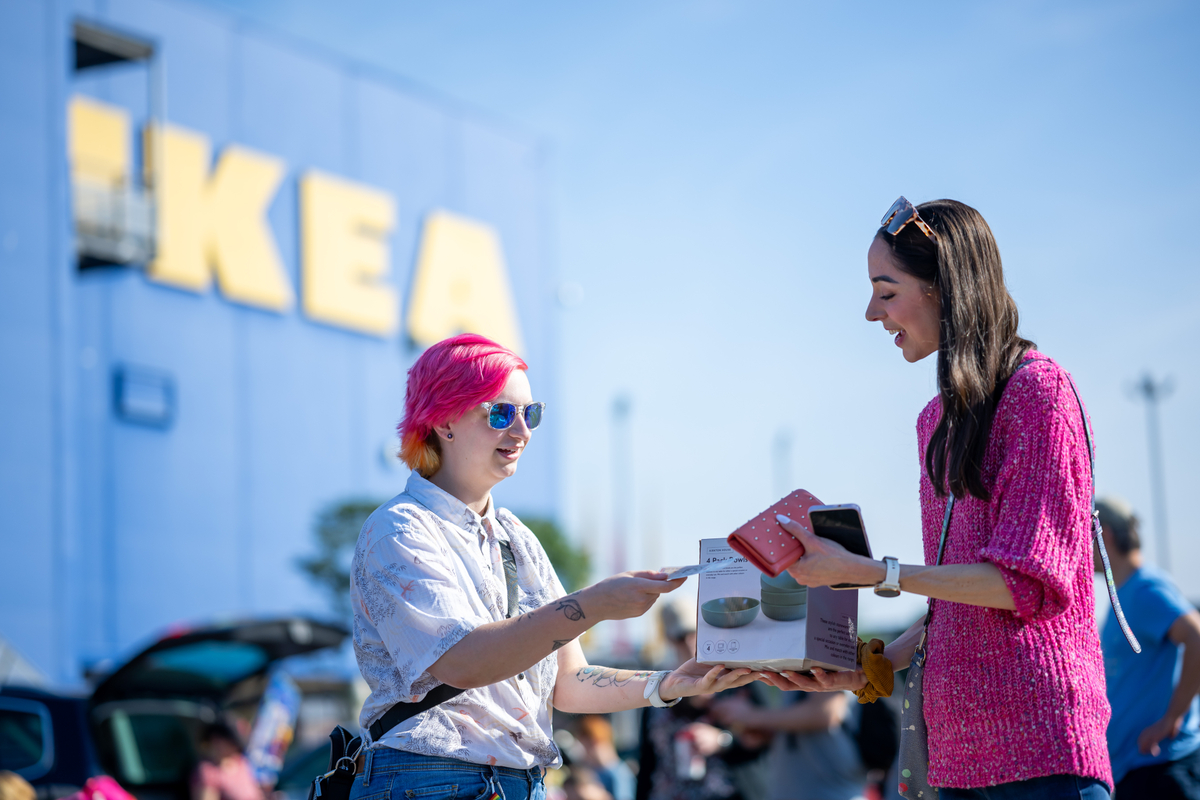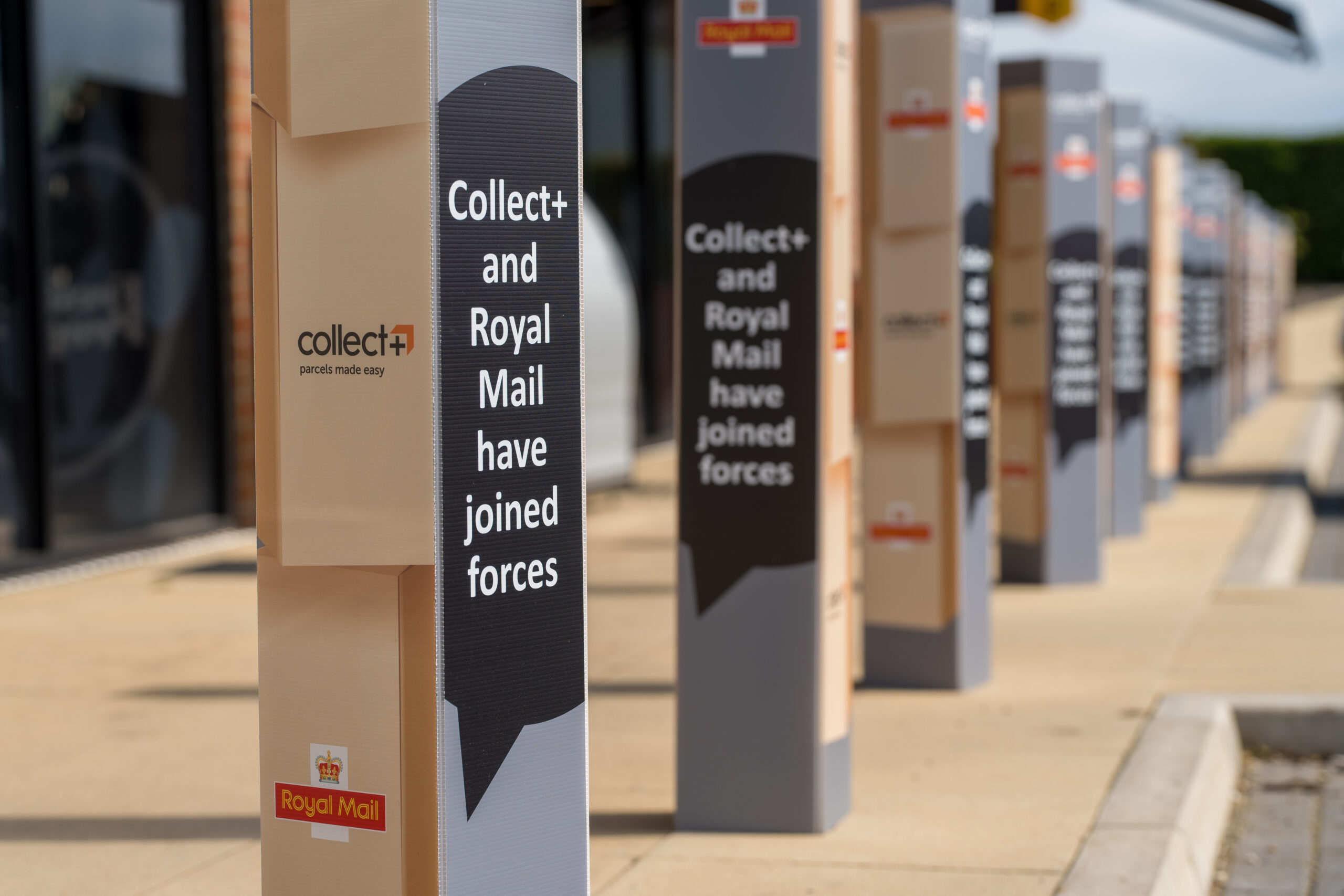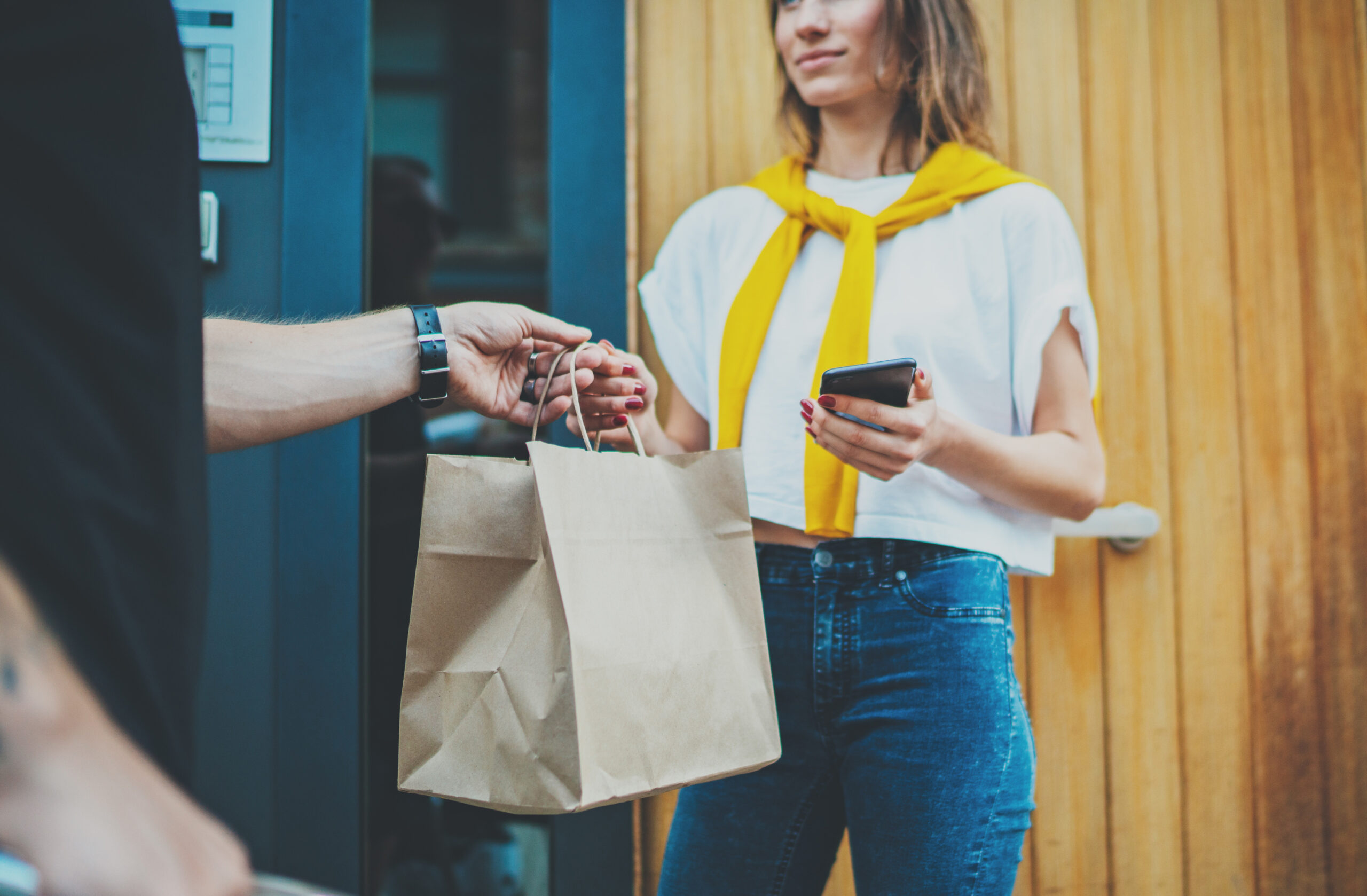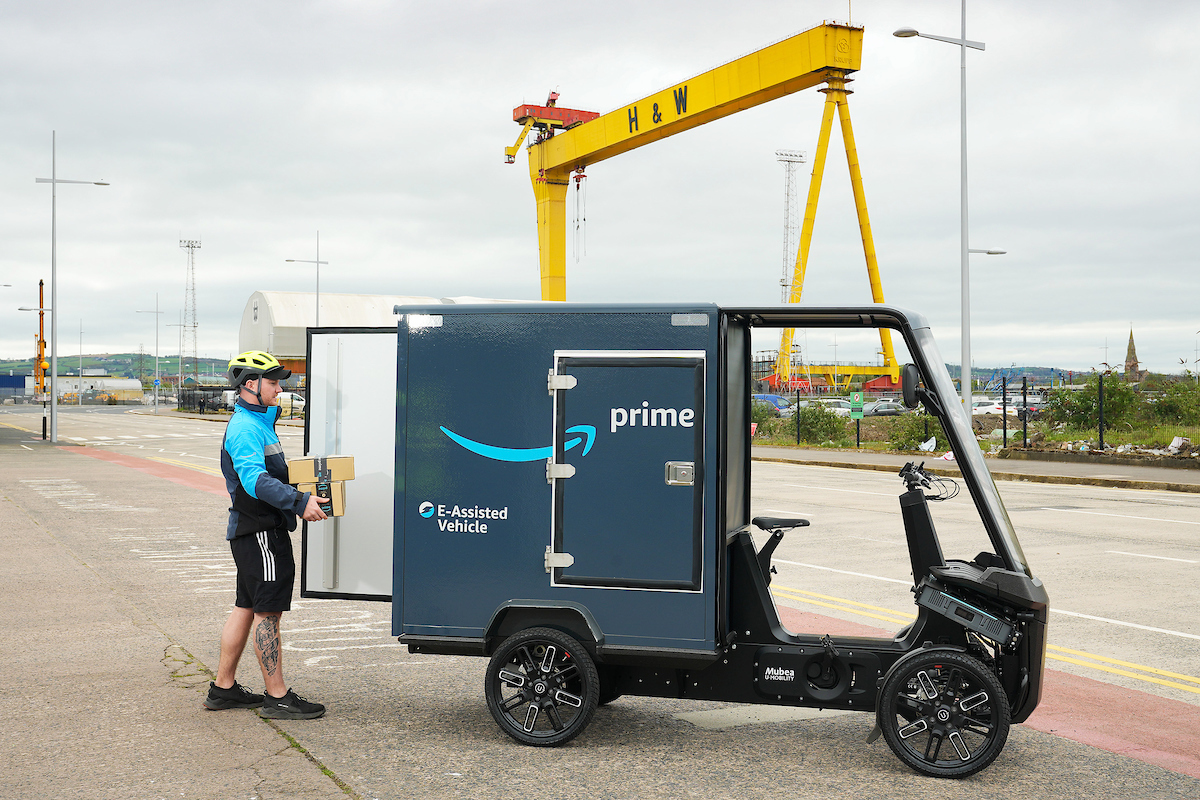Amazon has hailed a record Prime Day, and says members of its Prime subscription scheme bought more and saved more than any previous Prime Day. During the course of the two day event shoppers bought more than 250m products, with the Fire TV Stick 4K with Alexa Voice Remote the most popular item bought.
The growth came as this year’s event took place in 20 markets, up from 19 a year earlier. Since the event was held in June, Amazon Prime has now expanded to 22 markets.
In the run up to Prime Day, shoppers spent $1.9bn (£1.4bn) with third-party sellers on the Amazon marketplace thanks to promotions. The retailer says Prime Day 2021 was the biggest two-day period ever for small and medium-sized businesses selling on its platform around the world.
The update came as the retailer reported net sales of $113.1bn (£80.99bn) in the second quarter to June 30, 27% up from $88.9bn (£63.66bn) a year earlier. Net income of $7.8bn (£5.6bn) was up from $5.2bn (£3.72bn) a year earlier.
Looking ahead, it now expects net sales to grow by between 10% and 16% to as much as $112bn (£80.2bn) in the third quarter, compared to last year, while operating income is expected to be lower than the $6.2bn (£4.4bn) it reported a year earlier, at between $2.5bn (£1.8bn) and $6bn (£4.3bn) after $1bn (£0.7bn) of Covid related costs.
The retailer, ranked Elite in RXUK Top500 research, said during the quarter that it would create more than 10,000 corporate and operations jobs in the UK, while investing £10m over three years to train up to 5,000 employees in new skills.
Amazon Fresh, the retailer’s grocery stores that feature ‘just walk out’ technology and remove the need to queue or to pay in-store now has five stores in the UK, the first having opened in March, and 15 in the US. During the quarter the technology was used on a full-size grocery store for the first time, with shoppers in Washington, US, offered the chance to skip the queue – or to queue and pay as normal.
The retailer and technology company has also added its Alexa voice assistant technology to devices from Ford cars, in a six-year deal, to Samsung fridges. In total, says Amazon, there are more than 900,000 registered developers, brands and device makers now building with Alexa.
Amazon has now opened a disaster relief hub in an Atlanta fulfilment centre stocking more than 500,000 relief supplies that can be sent out to relief organisations when natural disasters hit the US, Caribbean and Central America. In India it airlifted in medical equipment including ventilators and oxygen machines during the Covid-19 surge there, and has committed to vaccinate 1m people, including members of Amazon’s staff, sellers and family members against Covid-19. In Nepal it is working with the United Nations World Food Programme to donate supplies to Covid-19 affected communities.
Andy Jassy, chief executive of Amazon, says: “Over the past 18 months, our consumer business has been called on to deliver an unprecedented number of items, including PPE, food, and other products that helped communities around the world cope with the difficult circumstances of the pandemic. At the same time, AWS has helped so many businesses and governments maintain business continuity, and we’ve seen AWS growth reaccelerate as more companies bring forward plans to transform their businesses and move to the cloud.
“Thank you to all of our passionate, innovative, mission-driven employees around the world for continuing to stay focused on delivering for customers—I am very excited to work with you as we invent and build for the future.”
Amazon says it is now the largest corporate buyer of renewable energy in the world, with 65% of energy used in its business now sourced from renewables – and it says it is on track to raise that to 100% by 2025, five years ahead of its 2030 target. It is also a leader of The Climate Pledge, which now has 112 members who are working to reduce corporate carbon emissions. In its own business, it has added five new categories to help shoppers find more sustainable products, enabling them to buy products that are approved in areas from animal welfare to organic, safer, and renewable materials.
Industry reaction
Nigel Naylor-Smith, head of retail and hospitality at Fujitsu UK, says: “The retail sector has bounced back from the pandemic in recent months, so Amazon’s ongoing sale success – while consistent – isn’t all that surprising. What has, however, set tongues wagging is its constant innovation while the rest of the world was on pause.
“After all, the impacts of Covid-19 will be ringing in the ears of tech investors for a long time yet and Amazon will need to do more than just hold firm to attract more buy-in. While it’s quietly powered ahead through lockdown, and been a pioneer in the space for a long time before that, there’s every possibility that giants such as Amazon and Facebook could yet face some share price volatility. It’s the reason why so many tech companies are moving into new sectors now restrictions are lifted and Amazon, for the very first time, is following suit.
“But what matters now is not biting the consumer hand that fed them over lockdown. While Amazon’s ambitions to become a multi-level infrastructure where consumers can pay for goods and services using cryptocurrency could make it an even bigger success, its foundations – and vast majority of their sales – still rely on offering the typical, credit-and-cash customer the speed and convenience they can’t access offline. If they focus too much on innovating now that restrictions have eased, there’s a real chance that other retail giants will soon be biting at their heels.”
Hugh Fletcher, global head of consultancy and innovation at Wunderman Thompson Commerce, says: “Amazon’s Q2 earnings results was one of its most anticipated yet. With Prime Day, Jeff Bezos’ space flight, a multi-million pound deal with MGM, a potential cryptocurrency payment service and the return of consumer confidence in the high-street, investors will have been chomping at the bit. And for the retail marketplace that seemingly knows no bounds, its results did not fail to disappoint; with 14% of all online global spend passing through Amazon, it continues to hold the fort through its horizontal expansions, lucrative acquisitions and allyship with small businesses.
“The challenge for the second half of the year will be sustaining growth and maintaining sales as physical shopping returns and Covid-19 restrictions ease – although over one third (36%) of global consumers are still fearful of shopping in store. Amazon also has some work to do to ease concerns around its sustainable and ethical work practices – while its services continue to set the benchmark, over half of global consumers say that Amazon should pay more tax. In the UK alone, near seven in 10 (69%) consumers support the idea of Amazon paying more tax.
“Nonetheless, with more and more consumers comfortable with shopping online, and a potential second Prime day in October, Amazon will undoubtedly be a major player in retail in the second half of 2021. And while it’s hard to predict Amazon’s every next move, you can be sure they’re ten paces ahead of the rest of the chasing pack.”

